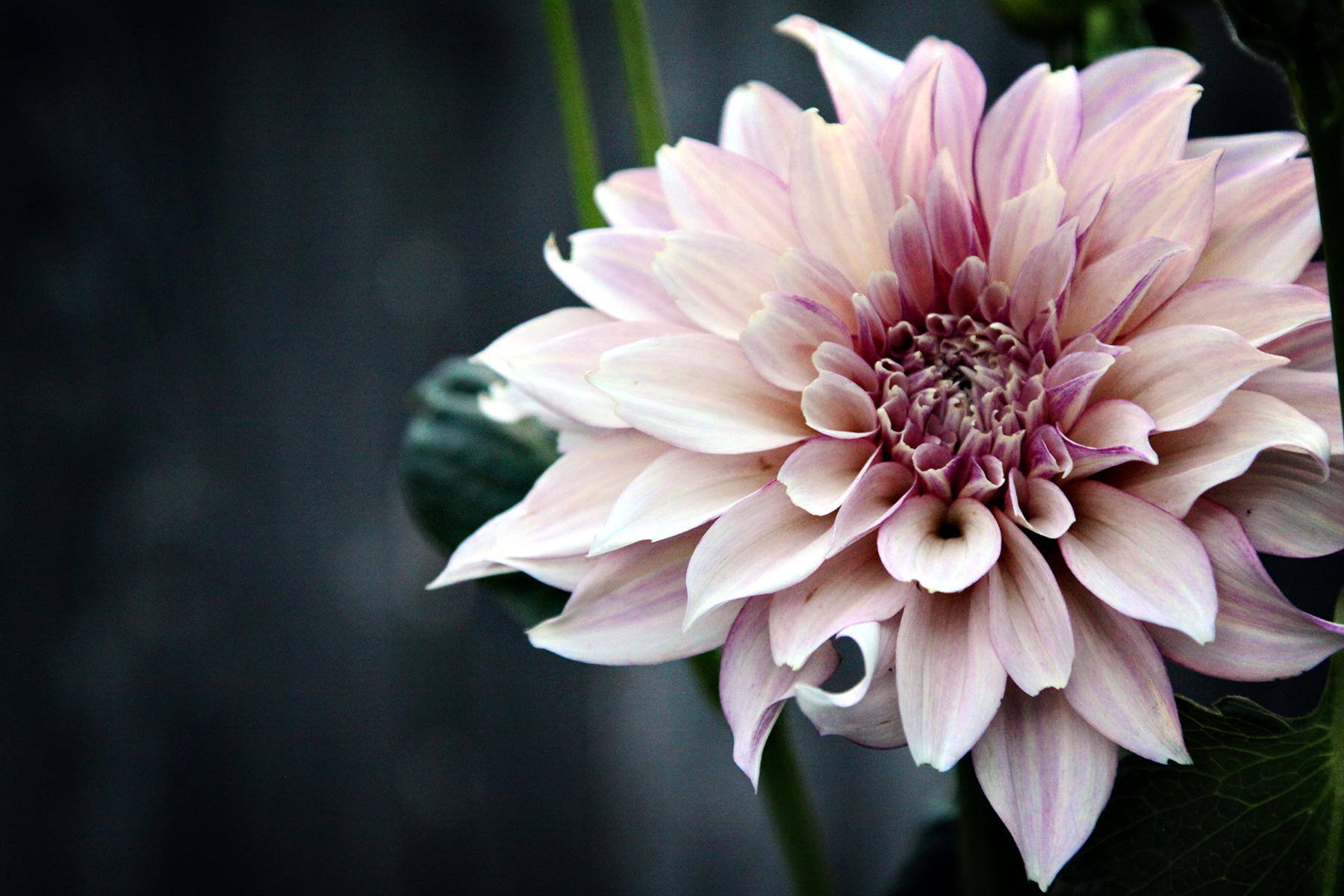This week, I had a few of those days where small sadnesses keep chipping away at our tranquility until we melt down like a Magnum ice cream bar gripped by a child on a summer vacation. I didn’t know just how low I was until I slipped in the shower and suddenly sat down under the cold shower head and cried. I wasn’t crying about the shocking frustration of the fall or the stiff blue bruise blooming on my ribcage, no. I was crying because I was disappointed with myself for a web of self-absorption and petty insecurities and jealousies I had allowed to grow up in my mind. I was crying because I am wrong.
![]()
I don’t know about you, but I hate being wrong. I don’t mean that I hate being on the wrong side of a debate or an argument about theory or politics. There is, I believe, an enormous difference between being on the wrong side and wrongness as a state of being. To be on the wrong side is simply a matter of having been mistaken. We have supposed, based on our experiences and emotional attachments and the information available to us, that a certain proposal offers the best solution to a problem. But after learning about the experiences, emotional attachments, and information other people have to offer, we discover that our initial assessment was based on a limited understanding and was incorrect. This is not always a pleasant realization, and may be particularly humbling if our ideological opponent has so enraged us by his different perspective that we have resorted to biting sarcasm or personal attacks.
But this realization that we are on the wrong side is not at all the same thing as the realization that we are wrong; that in our heart of hearts, we are strangely confused; that even in our best acts of courage and kindness, we are cherishing hopelessly corrupted morals, motives, and methods. I hate being wrong.
In a video recording from her 1998 Veritas Forum talk at UC Santa Barbara, Madeleine L’Engle dropped a remark that has been much on my mind in recent months. “We’re not good,” she says. “I mean, I knew one good person and she was absolutely dreadful.” L’Engle pauses for a laugh here and her audience doesn’t disappoint. “We’re far too complicated to be good,” she goes on. “But the one thing that saves us is we know that we are loved. No matter what we do, we are still loved. We are God’s beloved children by adoption and grace and nothing can take that away.”
Now there isn’t anything startling or unorthodox about this statement. Those of us who have had any significant exposure to Christian teaching will be familiar already with the concepts of human moral inadequacy and the essential human need for divine intervention in the form of Jesus Christ, the God-Man.
But I am coming to find that there is a tremendous difference between the idea that I will always struggle with the temptation to do wrong things and the idea that even when I am doing the “right” things, I am almost always more wrong than I can begin to fathom.
It is not so hard to accept that we have strong natural inclinations to prioritize our own comforts, achievements, and pleasures at the expense of the people around us. It is much, much harder to accept that even when we think we are sacrificing our comforts, achievements, and pleasures for the sake of other people, we may be doing so primarily to feed our own hunger to be adored, admired, liked, or needed by those people. It is not so hard to accept that the experience of trauma has left us with a dark core of fear and a need to control other people and situations. It is much, much harder to accept that even our moments of conscious decision to surrender our fears and anxieties to the will of God may spring from a hope that we can manipulate the Almighty into preventing the dreaded outcome we have discovered we are powerless to stop.
I want so badly to be good and true and generous; to make all my decisions with the very noblest aims and the most honorable intentions; to know and love people with that love of God that transcends my own clutching, grasping need to be known and loved in return. I want to be good. But I’m not. Not because I’m an especially poor specimen of humanity, but because to be human in the first place is to be a mess of divided loyalties, conflicting values, and unintentional self-deceptions. And for someone like me, for whom the existence of pure and perfect light matters most of all, this can be the hardest thing.
However, I’m coming to learn the vital importance of that thing L’Engle said: we’re far too complicated to be good. But the one thing that saves us is we know that we are loved. As strange as it may sound, our dedication to our own righteousness can be an idolatry that puts out the sun. It can lead us to live in the shadows of hedging equivocations, to inhabit an untrue story. The sense that we could be whole and holy and ought to be and will be next time can lead us to perpetuate a fatuous fantasy, to rewrite all our motives and spin yarns that would disgust an all-seeing eye. Oh no, that is not the way.
“In this is love,” says holy writ, “not that we loved God, but that He loved us, and sent his Son…” (1 John 4:10, NKJV) To accept the happy news is to do the hardest thing: it is to make peace with my wrongness, to make up with my not-goodness, and to let the love of God encircle crooked little me.
The featured image of a nearly perfect Cafe au Lait Dahlia is (c) Lancia E. Smith. It is used here with glad permission for Cultivating and The Cultivating Project.
Bryana Joy is a writer, poet, and full-time artist who spends most of her time making and mailing the Letters From The Sea Tower, a handmade monthly subscription letter full of watercolor sketches, paintings, and snippets of glory from the Great Books. Bryana has lived in Turkey, Texas, and England, and currently resides in Eastern Pennsylvania with her husband. She enjoys hosting online poetry workshops, and her poetry has appeared or is forthcoming in an assortment of literary magazines, including The Christian Century, Beloit Poetry Journal, and Chestnut Review. Bryana takes delight in thunderstorms, loose-leaf tea, green countrysides, and the music of Johann Sebastian Bach.
Leave a Reply
A Field Guide to Cultivating ~ Essentials to Cultivating a Whole Life, Rooted in Christ, and Flourishing in Fellowship
Enjoy our gift to you as our Welcome to Cultivating! Discover the purpose of The Cultivating Project, and how you might find a "What, you too?" experience here with this fellowship of makers!


Yes. Thank you so much for this, Bryana! I think that realization of our root wrongness is such a huge part of our spiritual growth, even though it feels like the opposite of growth because we suddenly become even more aware of how messy we are. But it demolishes any attempt to earn favor by doing good deeds, and as a striver and an achiever, I need that reminder that my own goodness is not good, but God is, and in His love He still welcomes me.
Beautifully and truly said. I think it’s difficult to say this in a way that doesn’t feel tired, or wander into feel-good heresies. But you did it. Thanks!